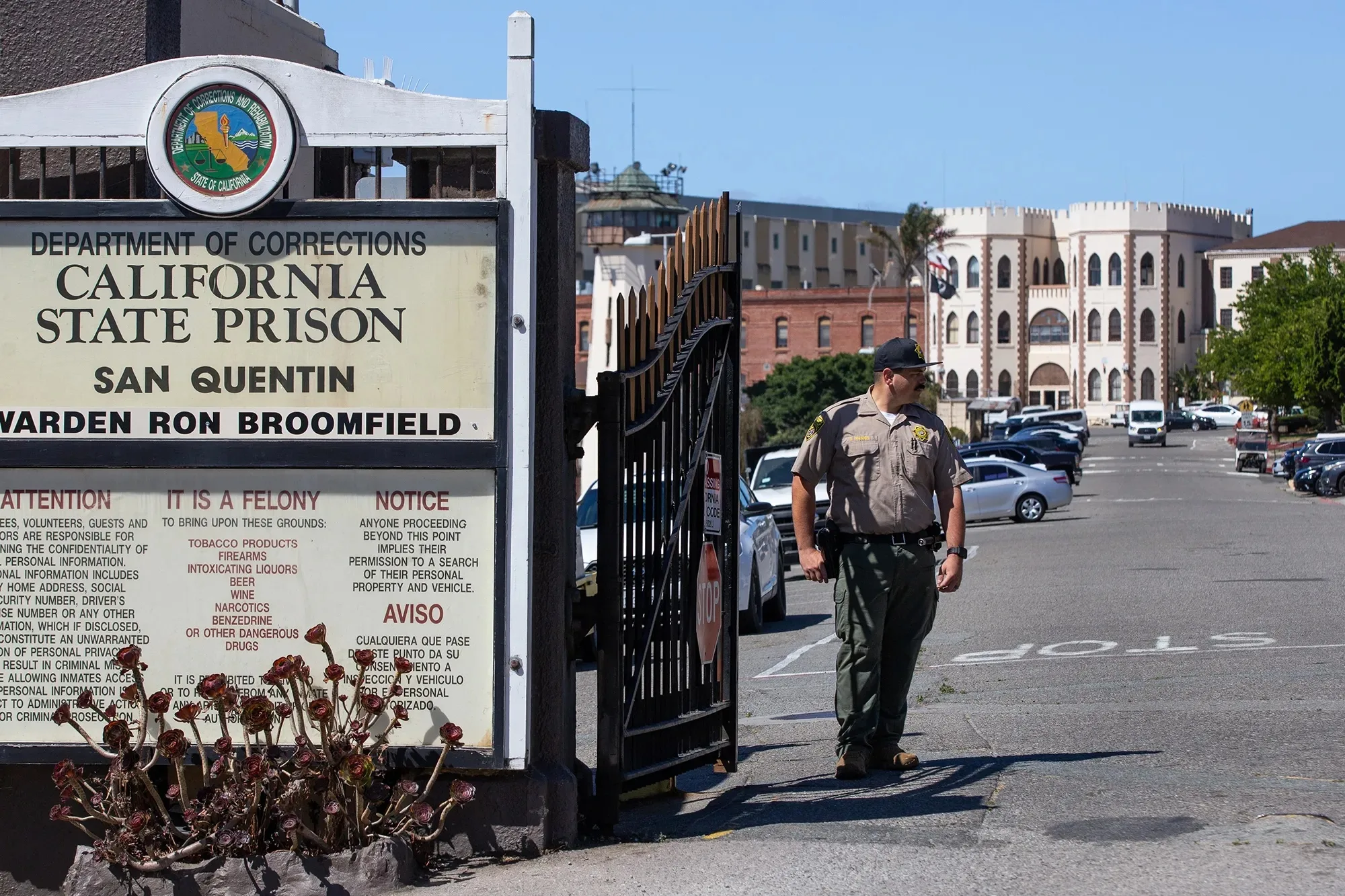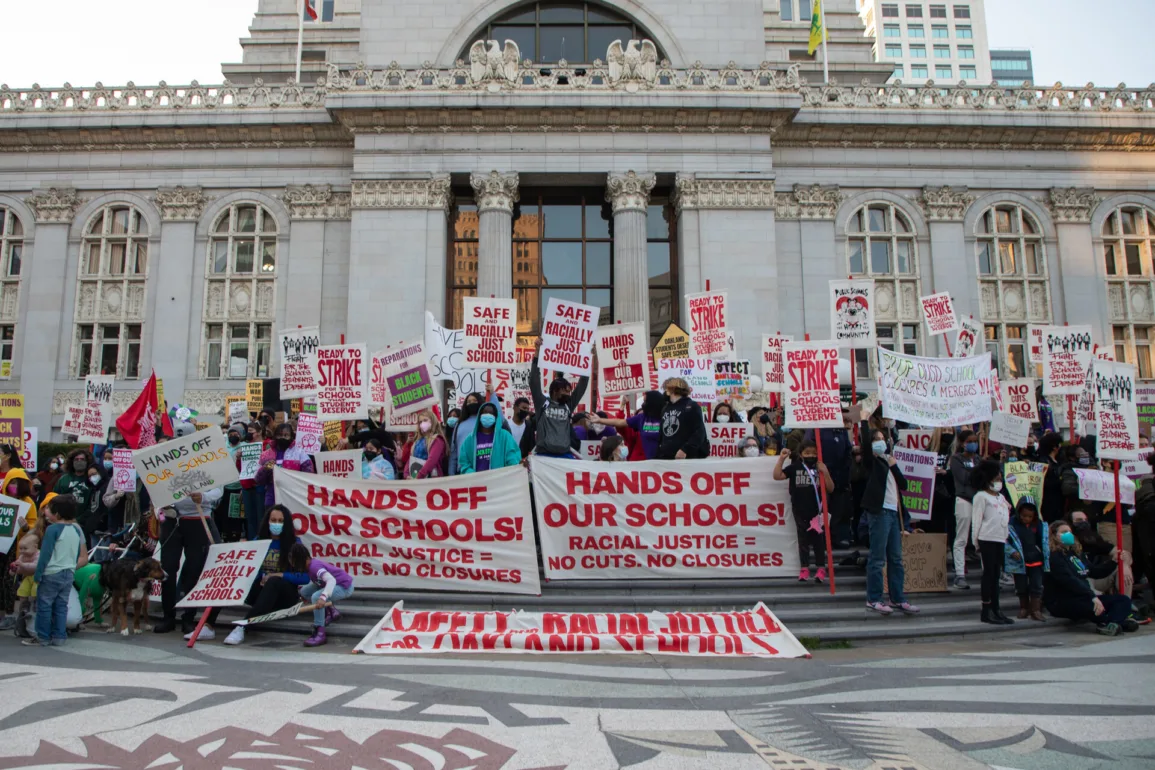Table of contents
Assembly Constitutional Amendment 7: Allow the state to fund race-based programs.
Assembly Constitutional Amendment 8: Ban involuntary servitude in state prisons.
Assembly Concurrent Resolution 135: Acknowledge the residual impact of slavery in California.
Assembly Bill 280: Limit solitary confinement in state prisons.
Assembly Bill 1815: Prohibit discrimination based on hair texture and style.
Assembly Bill 1929: Allow deeper analysis of technical education grants.
Assembly Bill 1975: Require Medi-Cal to broaden food and nutrition coverage.
Assembly Bill 1986: Limit book bans in state prisons.
Assembly Bill 2064: Create grant program to decrease violence.
Assembly Bill 2862: Require licensing boards to prioritize Black applicants.
Assembly Bill 3089: Formal apology for slavery and systemic discrimination.
Assembly Bill 3131: Target economic support to formerly redlined communities.
Senate Bill 1050: Compensation for land taken by eminent domain.
Senate Bill 1089: Require advance notice for grocery and pharmacy closures.
Author: Assemblymember Corey Jackson (D-Riverside)
What it would do: Allow the state to fund programs designed to improve the health, education or economic well-being of “specific groups based on race, color, ethnicity, national origin or marginalized genders or sexual orientations.” It would amend Proposition 209, the state’s ban on affirmative action in government policy.

Why is this reparations? Much of the state’s proposed reparations plan hinges on this passing. Without amending Proposition 209, lawmakers cannot pass policies to specifically benefit the state’s Black residents. At a meeting of the reparations task force last year, member Donald Tamaki argued that to assist people harmed by racial discrimination, reparations policies must target support to people based on their racial identity.
Catch up quickly: California voters passed Proposition 209, the nation’s first ban on affirmative action, in 1996 during a wave of anti-affirmative action activism. That was 28 years ago. In 2020, an attempt to repeal the law was rejected by 57% of voters. ACA 7 is not a full-scale repeal, and legislators might be hoping this pared-down proposal is more appealing to voters.
The latest: ACA 7 is a two year-bill. In September, it passed the Assembly in a vote along party lines with all Republicans opposed. The bill is now awaiting referral to committee in the Senate.
Author: Assemblymember Lori D. Wilson (D-Suisun City)
What it would do: Remove language from the state’s constitution allowing involuntary servitude “as punishment to a crime.”

Why is this reparations? Black residents, who make up just 5% of California’s population, account for 28% of the state’s prison population. Incarcerated people are paid as little as $0.08 an hour and face punishment for not completing work. “That is where you see it currently, with people being forced to work no matter what and to work without any sense of compensation,” Wilson said.
Catch up quickly: In 2022, a similar proposal was voted down, in part, over concerns that the end of involuntary servitude would require wage increases for prison labor, adding significant costs to the state prison system, according to analysts with the state Department of Finance.
The latest: ACA 8 passed the Assembly on a bipartisan vote in September. Four Republicans voted against the bill, and eight other GOP members did not vote. The bill is now pending in the state Senate.
Author: Assemblymember Akilah Weber (D-San Diego)
What it would do: Acknowledge the actions of government officials in California who advanced chattel slavery and subsequent discriminatory policies against Black Californians.

Why is this reparations? Weber said the process of providing reparations must begin with an acknowledgment and an honest reckoning of the harms perpetrated by California’s government. The transgressions pre-date California’s statehood, when Southern-born lawmakers played an outsized role in shaping the state’s pro-slavery stance — and even owned slaves. “This is the foundation upon which we will build for this year and years to come,” Weber said.
Catch up quickly: ACR 135 sailed through the state Assembly, though not without some controversy. In the Assembly Judiciary Committee, Diane Dixon (R-Newport Beach) said that California “can be proud” of its progress in achieving racial justice in the last 75 years, which Weber and others characterized as dismissive of discriminatory policies enacted in recent decades.
The latest: ACR 135 passed the state Assembly on a 59–0 vote and now heads to the state Senate.
Author: Assemblymember Chris Holden (D-Pasadena)
What it would do: Limit the use of solitary confinement in state prisons.

Why is this reparations? Black men make up 28% of the state’s prison population and 18.5% of the population in restricted housing. Meanwhile, Black women account for 25.4% of the prison population, and four out of five women in restricted housing are Black, according to a 2022 report by the Correctional Leaders Association and the Arthur Liman Center for Public Interest Law at Yale Law School.
Catch up quickly: Gov. Gavin Newsom vetoed a similar proposal in 2022, arguing that the bill’s exclusion of certain groups from segregated housing — such as inmates younger than 26 or older than 59 — was too broad. After vetoing the bill, Newsom ordered state prison officials to “develop regulations that would restrict the use of segregated confinement except in limited situations, such as where the individual has been found to have engaged in violence in the prison.”
The latest: AB 280 is pending in the state Assembly.
Author: Assemblymember Akilah Weber (D-San Diego)
What it would do: Prohibits discrimination on hair texture or hairstyles like braids, locks and twists.
Why is this reparations?: According to a 2023 study by Dove, Black women with coily or textured hair are twice as likely to experience microaggressions at work compared to those with straight hair. Up until 2017, the U.S. military did not allow men to wear their hair in dreadlocks, and Black women were required to straighten their hair or wear wigs to comply with military regulations.
Catch up quickly: This would expand the 2019 California CROWN Act, which outlawed discrimination based on hairstyle in schools and workplaces. The law is part of a nationwide CROWN Act campaign to protect and celebrate natural Black hairstyles.
The latest: AB 1815 was amended in the Judiciary Committee on March 21. The next hearing is Tuesday.
Author: Assemblymember Tina McKinnor (D-Inglewood)
What it would do: Require data about recipients of state technical education grants to be disaggregated by race.
Why is this reparations? The reparations task force’s report cites research from the Center for American Progress that found “students of color still face disparities in access to and participation in high-quality [Career Technical Education] programs.”



